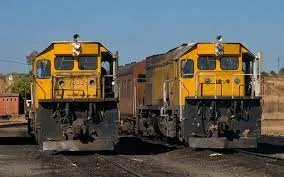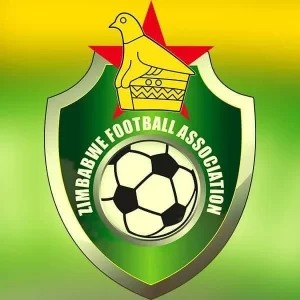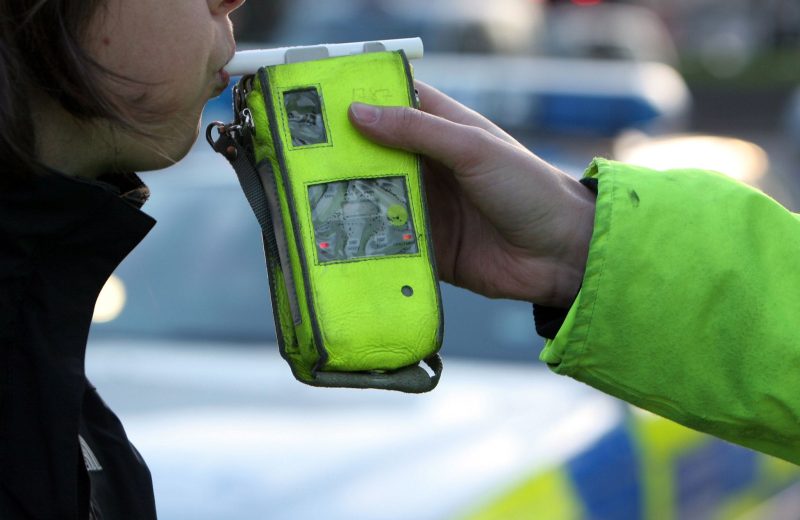The National Railways of Zimbabwe (NRZ) has taken a significant step toward boosting its declining freight operations by opening its network to private players. Among the key contributors is a unit from South Africa’s Grindrod. This collaboration comes in response to decades of underinvestment, which have caused freight volumes to plummet from a peak of 12 million tons annually in the 1990s to under 3 million tons today.
NRZ’s Struggles and Decline
The decline in NRZ’s operations was not solely due to the deterioration of its rail infrastructure and locomotives. The collapse of Zimbabwe’s agricultural and mineral output, mainly due to the 2000 land reforms led by former president Robert Mugabe, contributed to this downward spiral. The violent land seizures significantly reduced agricultural productivity, compounding the economic crisis.
Renewed Hope as Mineral Output Surges
Recently, Zimbabwe has seen a resurgence in its mining sector, mainly driven by increased demand for chrome and lithium, particularly from China. Global interest in these minerals, critical for various industrial and technological applications, has grown. Companies like Tsingshan Holdings, Sinosteel, and Sinomine have invested significantly in Zimbabwe, establishing mining operations for iron ore, steel, chrome, and lithium.
ALSO READ: WCoZ Demands Mpilo Hospital Immediately Acts On Their Rising Child Mortality Statistics

These firms export their products primarily through ports in Mozambique, but the growing volumes of mineral exports have overwhelmed NRZ’s current capacity. This has pushed the state-owned railway operator to seek partnerships with private companies to meet the rising demand.
Private Sector Involvement: A Boost for NRZ
NRZ spokesperson Andrew Kunambura confirmed that private players have entered the scene to help fill the gap in rail transport. In an interview, Kunambura noted, “Last year, we moved 2.8 million tons of freight, compared to the available business of 3 million tons. These private companies are coming in with their locomotives and wagons to supplement what we have.”
One such company is Grindrod, which, through its Zimbabwean subsidiary Beitbridge Bulawayo Railway (BBR), has been operating within NRZ’s network since March. As part of the collaboration, Grindrod has provided three locomotives and 150 wagons. This marks an essential step in addressing the capacity shortfalls that hampered NRZ’s ability to meet growing freight demands.
ALSO READ: Passengers Cheat Death After Another Cross-Border Bus Catches Fire In Masvingo
Regional Opportunities in Southern Africa’s Freight Sector
Grindrod’s involvement in Zimbabwe is part of a broader strategy to position itself as a critical player in the southern African logistics sector. The company has identified opportunities in the region’s mineral-rich areas, which hold some of the world’s largest copper and lithium reserves, both essential for the global shift towards cleaner energy.
With new mining projects coming online, the need for expanded and efficient rail capacity has never been greater. Often struggling with underfunded networks, state-owned regional operators are increasingly turning to private investments to modernize their rail infrastructure.
In a recent statement, Grindrod CEO Xolani Mbambo revealed the company’s ambitions to capitalize on emerging market opportunities in the region. Grindrod has restructured its rail business to adapt to these developments, and it has already struck a deal with the inland railway company in the Democratic Republic of Congo (DRC). Furthermore, Grindrod is ready to partner with South Africa’s Transnet, which is also looking to involve private companies in its rail network operations.
The Road Ahead for Zimbabwe’s Railways
The collaboration between NRZ and private firms like Grindrod represents a potential turning point for Zimbabwe’s rail freight industry. As the demand for commodities such as lithium and chrome continues to grow, so does the importance of a reliable and efficient rail transport system. By leveraging private sector expertise and resources, NRZ hopes to restore its capacity and reclaim its position as a critical player in the region’s logistics network.
This partnership strategy could serve as a model for other state-owned enterprises in southern Africa, offering a blueprint for revitalizing ageing infrastructure and restoring operational efficiency. However, The critical question will be whether NRZ can sustain this momentum and attract the long-term investments needed to fully rebuild and modernize its network.
Follow Us on Google News for Immediate Updates
The post NRZ Opens Up Its Networks To Private Players To Improve Rail Operations appeared first on iHarare News.








 Zim Instantly via Simplex Solutions
Zim Instantly via Simplex Solutions